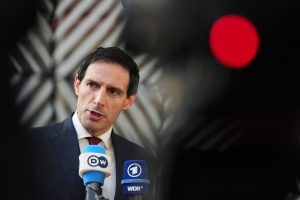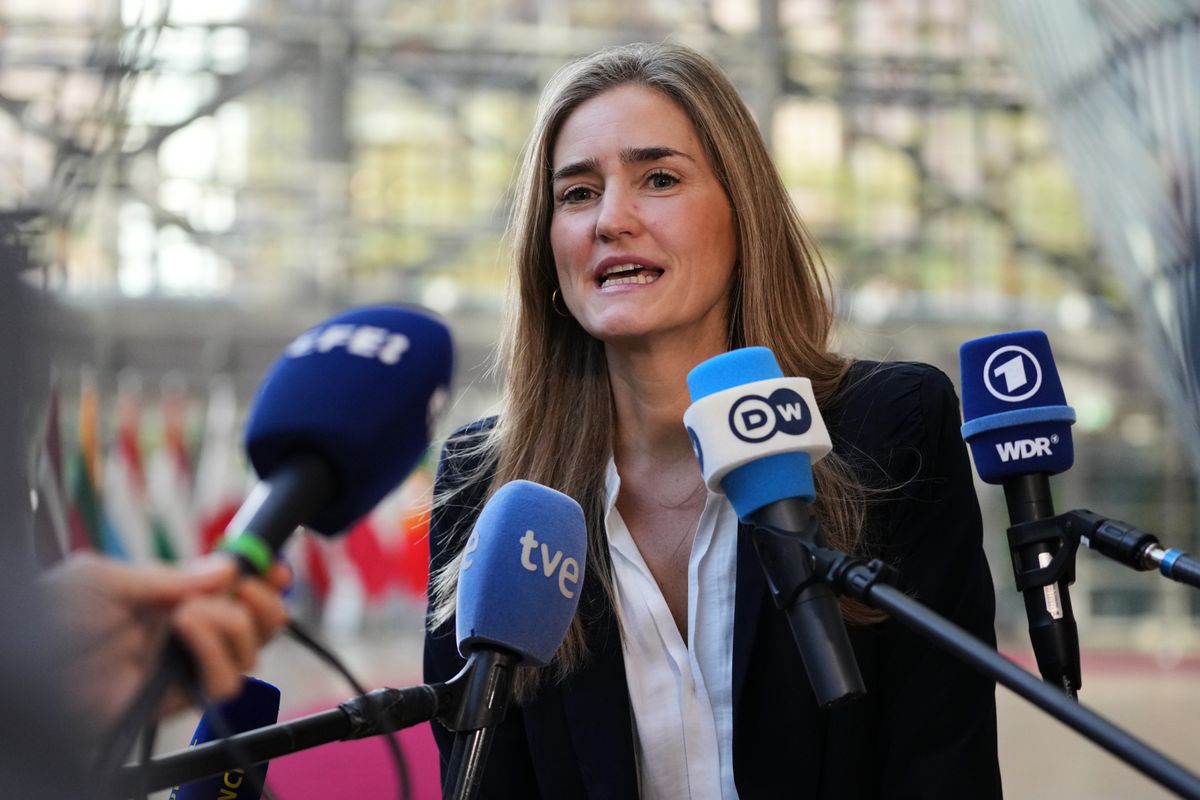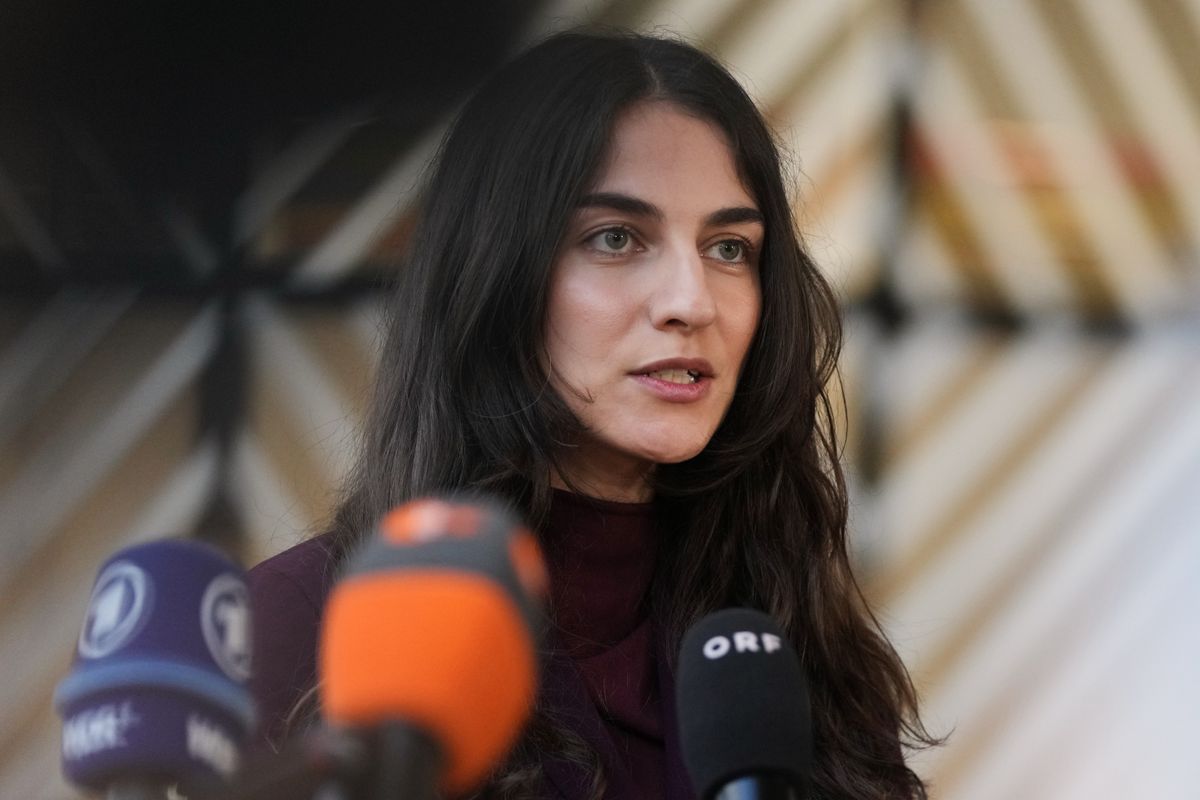BRUSSELS (AP) — The European Union said Wednesday it would slash carbon emissions by 90% by 2040, in an agreement widely seen as a weakening of the 27-nation bloc’s previous climate goals, after an overnight debate ahead of the U.N. climate conference in Brazil.
Hungary, Slovakia and Poland voted against the agreement, despite other nations agreeing to key compromises including allowing flexibility for member states to buy carbon credits internationally to reach their emissions targets and for the EU to reassess its climate policy depending on economic performance. The agreement also allows for postponing a new carbon trading plan covering transport and heating, a central demand of Poland.
Environmentalists criticized the deal for provisions that will allow the EU to buy carbon credits from less-developed countries, effectively outsourcing the bloc’s obligations. “The use of offshore carbon laundering to meet this nominal target means the EU’s own commitment is much lower, and that commitment means even less with a baked-in clause to dilute the target every two years,” said Greenpeace EU climate campaigner Thomas Gelin. Jeroen Gerlag, Europe director at the nonprofit Climate Group, said that “while the EU keeps its 90% commitment on paper, in effect it’ll be offshoring some of its emission reductions – making it someone else’s problem.”
The agreement was hammered out between EU climate ministers in a marathon session overnight into Wednesday morning. Before it becomes a legally-binding document, the European Parliament will vote on it and negotiate its contents with the European Council.
“This is exactly the signal that Europe has to send in these times,” said Swedish climate minister Romina Pourmokhtari, who thanked Finland, Germany, Spain and the Netherlands for pushing for high emissions cuts in the debate.
Wopke Hoekstra, the European Commissioner for Climate, Net-Zero and Clean Growth, said the agreement is strong compared to those of allies in the Pacific, Europe and North America, but that some compromise was necessary amid current geopolitical and economic tension.
“On this continent, we will continue with climate action, but it has to be bridged, it has to be married with independence and competitiveness. Not one without the other. All three are essential,” he said.
The EU executive, European Commission President Ursula von der Leyen, will now travel to Brazil for the Conference of Parties — known as COP30 — with a clear EU emissions agreement.
“Now we have the possibility to go to Belem with leadership,” said Sara Aagesen, Spain’s climate minister.
Many EU governments have shifted to the right since the Paris Agreement in 2015. Some see climate regulations as shackling the economy, while others say Europe will either make and sell renewables or be forced to buy energy or green products from countries like China.
Wildfires, heat waves and floods have become more frequent across Europe, spurring calls for more climate action. But crises like Russia’s war in Ukraine, and a newly volatile relationship with the United States, have increased political and economic pressure to curtail flagship environmental policies.
By SAM McNEIL
Associated Press



